Posted by Sue Hallgarth on July 18, 2013
Cather had romantic “crushes” on her female school friends, fell deeply in love with a striking Pittsburgh girl, Isabelle McClung, and, after Isabelle’s marriage, spent much of her life with a devoted companion (and Cather’s first biographer), Edith Lewis. There are very few love letters in the Selected Letters, since Cather destroyed all her letters to Isabelle and seems hardly ever to have written to Edith.
—Hermione Lee, “Willa Cather: A Hidden Voice,” The New York Review of Books, July 11, 2013
• • •
In her July 11, 2013 review of The Selected Letters of Willa Cather,[1] Dame Hermione Lee reminds us of the full range of critical battles over Cather’s life and work during the twenty-four years since Lee published her own Willa Cather: Double Lives (NY: Pantheon, 1989). The battles she describes range from frequently homophobic “hagiographical reverence” to views of “a Cather who belongs to the international modern world.” Lee sides with the modern world. On the issue of Cather’s “crushes,” however, Lee demonstrates an unfortunate acceptance of outdated assumptions: that Isabelle McClung, the Pittsburgh patroness with whose family Cather lived for five years, was the “great love of her life,” and that Edith Lewis, with whom Cather shared the last forty years of her life and who worked closely with Cather in shaping and editing her fiction, was merely her “devoted companion.” Continue reading …


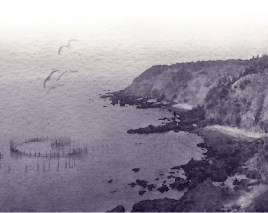 Their Circles Widen
Their Circles Widen
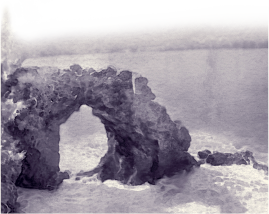 Hole In The Wall
Hole In The Wall
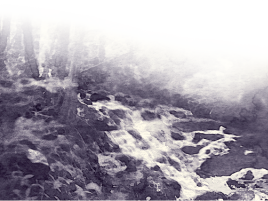 Eel Brook
Eel Brook
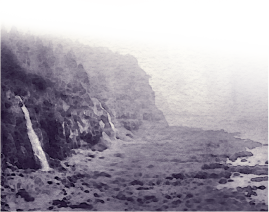 Low Tide Seven Days Work
Low Tide Seven Days Work
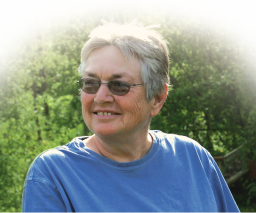
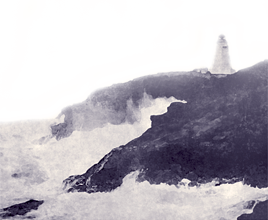 Swallowtail Lighthouse
Swallowtail Lighthouse